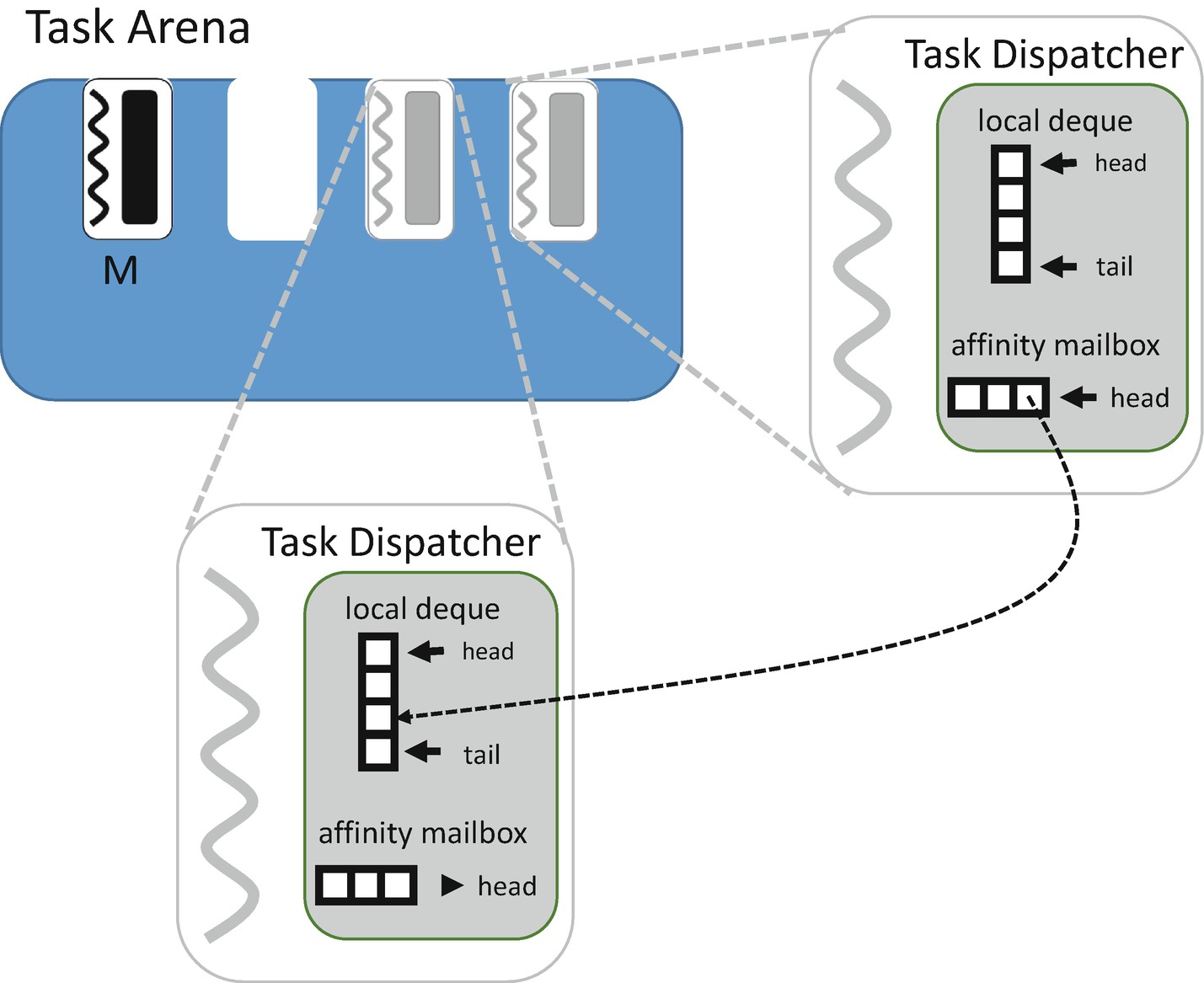New online no deposit bonus casino. New No Deposit Casinos for 2020 There are a number of online casinos that offer the no deposit bonus. The challenge is in picking out one casino that works for you and offers the best no deposit bonus. We simplify this task by listing out the top no deposit online casinos for you. Dec 11, 2020 No deposit bonuses are a promotion given by online casinos to attract new players. These bonuses usually take the form of free credit, which can be used to bet on various games, or the form of several prepaid spins on certain slots. No-deposit bonuses are usually given as a gift to attract new players. New USA No Deposit Casinos 2020: Who doesn't love free stuff! The no deposit casino bonuses are a part of almost all online casinos nowadays and come in the form of free cash bonuses and free spins. Don't miss out on your chance to win some real cash with these free no deposit offers. New No Deposit Casino Bonus Codes We Update New No Deposit Offers Daily Competition is rife between the many licensed and regulated online casinos the world over, each vying to attract the most virtual casino fans. As proof of this, they are constantly launching ‘new and improved' bonus offers, particularly those of the new no deposit variety.
The QtConcurrent::run() function runs a function in a separate thread. The return value of the function is made available through the QFuture API.
This function is a part of the Qt Concurrent framework.

Running a Function in a Separate Thread
The event loops of Qt are a very valuable tool for inter-thread communication. Every thread may have its own event loop. A safe way of calling a slot in another thread is by placing that call in another thread's event loop. This ensures that the target object finishes the method that is currently running before another method is started. The connection mechanism uses a vector indexed by signals. But all the slots waste space in the vector and there are usually more slots than signals in an object. So from Qt 4.6, a new internal signal index which only includes the signal index is used. While developing with Qt, you only need to know about the absolute method index.
To run a function in another thread, use QtConcurrent::run():
This will run aFunction in a separate thread obtained from the default QThreadPool. You can use the QFuture and QFutureWatcher classes to monitor the status of the function.
To use a dedicated thread pool, you can pass the QThreadPool as the first argument:


Passing Arguments to the Function
Passing arguments to the function is done by adding them to the QtConcurrent::run() call immediately after the function name. For example:
A copy of each argument is made at the point where QtConcurrent::run() is called, and these values are passed to the thread when it begins executing the function. Changes made to the arguments after calling QtConcurrent::run() are not visible to the thread.
Returning Values from the Function

Any return value from the function is available via QFuture:
As documented above, passing arguments is done like this:
Note that the QFuture::result() function blocks and waits for the result to become available. Use QFutureWatcher to get notification when the function has finished execution and the result is available.
Qt Execute Slot In Another Thread Size

Running a Function in a Separate Thread
The event loops of Qt are a very valuable tool for inter-thread communication. Every thread may have its own event loop. A safe way of calling a slot in another thread is by placing that call in another thread's event loop. This ensures that the target object finishes the method that is currently running before another method is started. The connection mechanism uses a vector indexed by signals. But all the slots waste space in the vector and there are usually more slots than signals in an object. So from Qt 4.6, a new internal signal index which only includes the signal index is used. While developing with Qt, you only need to know about the absolute method index.
To run a function in another thread, use QtConcurrent::run():
This will run aFunction in a separate thread obtained from the default QThreadPool. You can use the QFuture and QFutureWatcher classes to monitor the status of the function.
To use a dedicated thread pool, you can pass the QThreadPool as the first argument:
Passing Arguments to the Function
Passing arguments to the function is done by adding them to the QtConcurrent::run() call immediately after the function name. For example:
A copy of each argument is made at the point where QtConcurrent::run() is called, and these values are passed to the thread when it begins executing the function. Changes made to the arguments after calling QtConcurrent::run() are not visible to the thread.
Returning Values from the Function
Any return value from the function is available via QFuture:
As documented above, passing arguments is done like this:
Note that the QFuture::result() function blocks and waits for the result to become available. Use QFutureWatcher to get notification when the function has finished execution and the result is available.
Qt Execute Slot In Another Thread Size
Additional API Features
Using Member Functions
QtConcurrent::run() also accepts pointers to member functions. The first argument must be either a const reference or a pointer to an instance of the class. Passing by const reference is useful when calling const member functions; passing by pointer is useful for calling non-const member functions that modify the instance.
For example, calling QByteArray::split() (a const member function) in a separate thread is done like this:
Calling a non-const member function is done like this:
Using Lambda Functions
Qt Execute Slot In Another Thread Rod
Calling a lambda function is done like this:
Qt Execute Slot In Another Thread Chart
© 2020 The Qt Company Ltd. Documentation contributions included herein are the copyrights of their respective owners. The documentation provided herein is licensed under the terms of the GNU Free Documentation License version 1.3 as published by the Free Software Foundation. Qt and respective logos are trademarks of The Qt Company Ltd. in Finland and/or other countries worldwide. All other trademarks are property of their respective owners.
